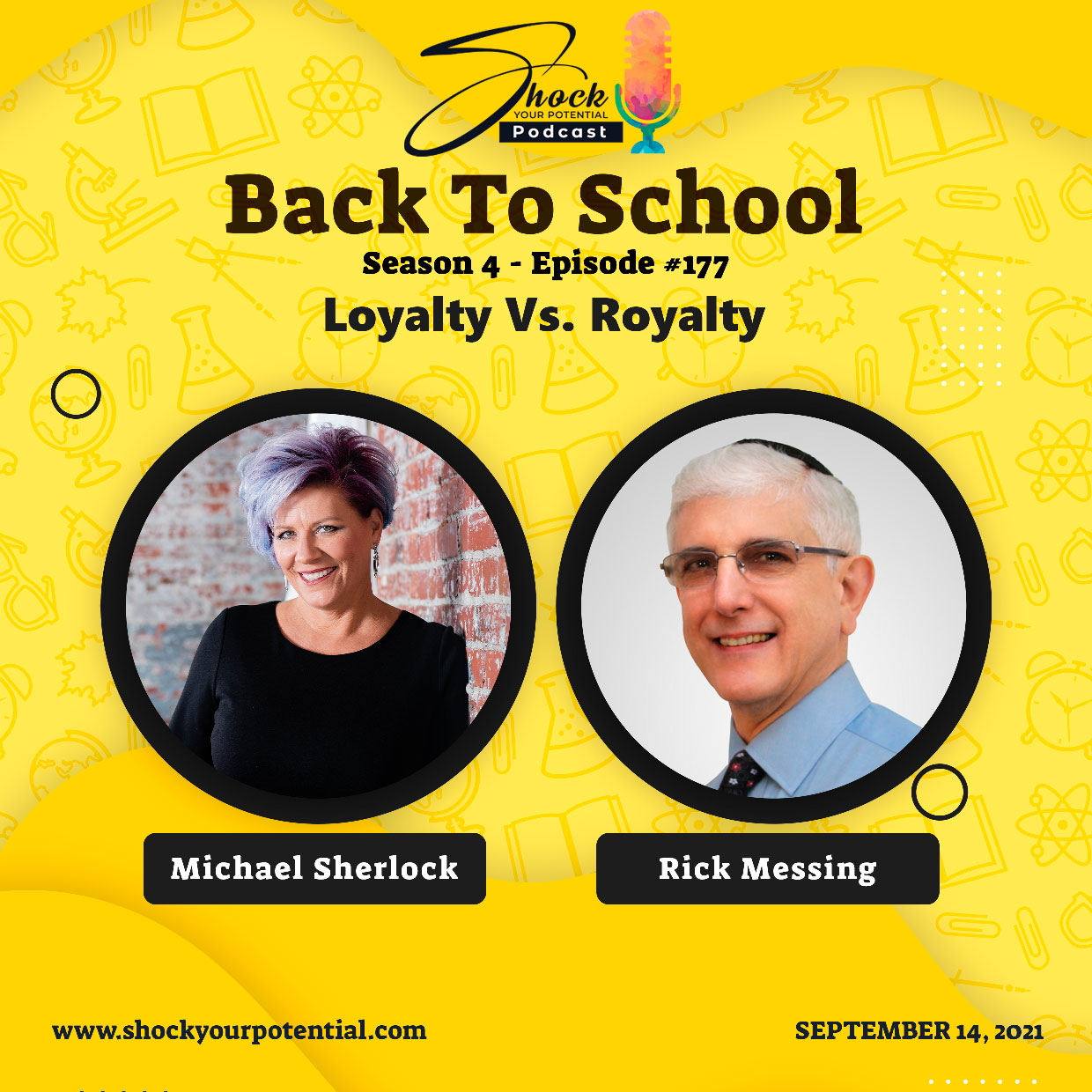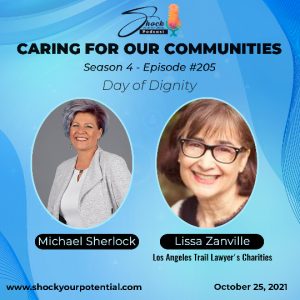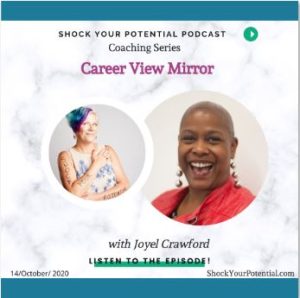“Loyalty is at the bottom of human relationships, and the way to become the most effective human being is to become purely loyal to everybody.” Richard Messing
When addressing chronic problems, organizations often struggle to acknowledge the complex human component. Most often, you will find that organizations solve these problems by understanding and learning the language and logic required to address the human condition. This is according to our guest today, Richard Messing, who believes that it all starts by getting the organization’s belief system right.
People are seeking greater meaning, freedom, and growth in their personal and professional lives. Because the source of freedom, meaning, and growth is poorly understood, they are often difficult to achieve and maintain. For this reason, in 2004, Richard Messing embarked on a research project culminating in The Ethic of Human Repair, the intellectual property that documents the underlying principles and methods that describe, explain, and solve chronic personal or organizational problems where human freedom, meaning, and growth pertain.
Richard is a published writer, invited conference speaker, and thought leader on the human condition in general and free will in particular. In 2019, Richard formed Kotel Group LLC, an ethics-based business consulting firm, to rehabilitate and transform chronically underperforming for-profit or non-profit organizations that resist conventional management interventions and methodologies. In 2020, Richard established the ethics-based Kotel Business Community and believes it is impossible to master this essential and ethical business concept without the key insight that the human condition is fundamentally paradoxical.
In today’s episode, our guest will talk more about the human condition and its importance in solving organizational problems. He will also give insights into loyalty and why he considers it the fundamental basis for meaningful and successful human relationships.
Listen in!
Social media
https://www.linkedin.com/in/richardmessing/
https://www.facebook.com/Kotel-Group-LLC-114607453623705/
- I became fascinated with the idea that problems become chronic because it meant that people had tried many different things, even the most conventional methods, but they can’t seem to crack the problem. [ 3:25]
- I wanted to find out what causes a human problem to become chronic. [3:49]
- Sixteen years ago, I just started my research project, and what I do is coming to help the client when they have unsuccessfully tried to solve their problems with their people. [4:14]
- I teach my clients something about the human condition that they don’t understand, which is that the human condition is paradoxical, and when you learn this, you learn a language and logic that you can use to analyze your chronic problems, then start to resolve. [4:46]
- A false belief is when you believe something is true when it’s actually false and when this happens, the information you’re believing is true now lives inside your nervous system as true. [6:12]
- Our nervous system uses our belief system to generate our perceptions, which determines our behavior. [6:37]
- I teach my clients that they have a false belief about their own business and how to manage people and that’s why they’re having this chronic problem. [7:26]
- I then teach them how false beliefs work and why they create chronic problems, and after that, we can then start analyzing their false beliefs and correct them. [7:45]
- When a client of mine is so certain about why they have their problem, I challenge them that if they were right, they would be able to solve the problem. [8:48]]
- I teach people and show them that you can have a perfectly sensible, common sense explanation for something completely false. [9:06]
- I am not afraid to challenge my clients right from the beginning, and I believe that they wouldn’t be hiring me if they knew what they were doing. [10:28]
- People will either open up and be willing to be coached, or I can’t help them. [11:01]
- A coach can’t be afraid to confront and challenge their client, and if there’s an ounce of fear in the coach, he’s not going to be an effective coach. [11:32]
- Commercial break. [13:30]
- I did a little research and discovered that loyalty and royalty are the same words, except for the first letter. [15:01]
- Loyalty is at the bottom of human relationships, and the way to become the most effective human being is to become purely loyal to everybody. [18:29]
- The definition of loyalty is to put the commitments of others first and not for your gain, and this is the ethic of service. [18:50]
- When you do that, you show up as their asset, which creates value, much more value than it costs to maintain. [19:44]
- You may have a business contract with them which is a trade and has nothing to do with loyalty, and therefore that’s not what counts. [20:15]
- What counts is your loyalty and whether or not you will do whatever you can to help them fulfill their commitments. [20:37]
- When they perceive you that way, you become their asset, and they will want to keep you around, and your kingdom will grow. [20:47]
- The secret to becoming a fully loyal human being is paradoxical, where you need to ask yourself whether you are a selfless or selfish person. [21:10]
- Most people are both, and it is human nature to be both selfless and selfish. 21:23]
- The master, who is the trusted adviser, knows when that little voice in his head says to him, “What am I getting out of this?” That’s the voice that’s going to cause you to become loyal. [21:30]
- You can’t become loyal in order to gain personally because that is being selfish. [21:48]
- A master understands the paradoxical nature of the human division, so you have to watch out for that and ask what kind of human being you want to be. [22:45]
- My suggestion is to commit and declare to yourself that you will be 100% loyal to everybody, which after thinking through, I realized that there is no downside to that. [23:05]
- In the olden days, people would shake hands, which would create a bond of trust, but today, lawyers have to have the contracts and write up the contracts. [24:26]
- You can’t write a contract about loyalty or put it in the book. It has to be created, and you have to interact with your employees and your clients, and prospective clients as a loyal person. [24:55]
- If you do it to create demand, now you’re selfish and it is called mixed motivations, which is why people don’t trust other people. [25:40]
- We are talking about the nature of the human condition, and loyalty is human, and if you become that kind of a human being, it will communicate, and people will get it. [28:19]
- Once you have achieved and have all of your personal needs met, spend the rest of your life figuring out how to serve other people. [29:51]
- Let your life be about serving others, and your kingdom will grow, and you will be taken care of guaranteed. [30:15]
…..….…………………..…
Thank you to our January sponsor! KukuaBiz can provide dedicated and affordable talent from Kenya to help you grow and scale your business. Virtual employees are skilled in administrative functions, sales, podcast management, video editing, marketing, social media marketing, website design and management, and more.
Learn more: https://www.kukuabiz.com




